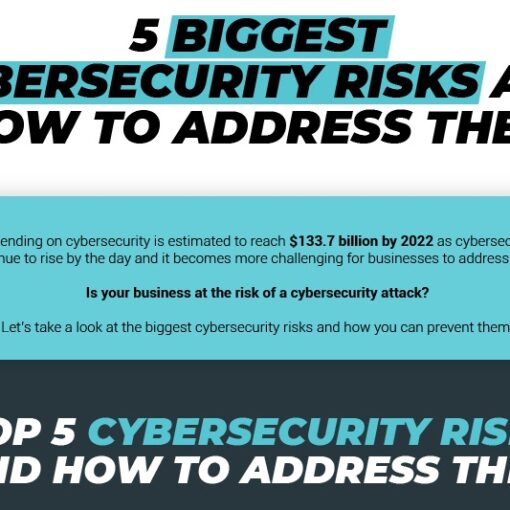It’s no secret that mobile has taken over the desktop. But how much influence does it really have?
It’s one thing to have an abstract notion that smartphones and tablets have surpassed desktops in consumer usage but understanding their impact is what will propel you to make strategic plans that leverage this influence
- How much time do people spend on their phones?
- What time are they usually active on social media?
- What websites or apps do your target market frequent?
- How do people research and purchase products online?
You’ll get the answers to these questions if you know just how much influence mobile has on everyday life.
Why do people prefer mobile over desktop?
The reason goes beyond portability. Knowing the answer to this root question will give you an insight on how to invest your funds to further your business.
Here are 5 reasons why mobile is the new desktop:
Reason #1: Mobile is naturally linked to fun.
There was a time when people logon to their computers to play video games, chat with people from different parts of the world, and get excited about receiving an email.
Now, people play games linked to their social media account while chatting on instant messengers and have an entire folder for unread messages labeled as Spam.
When people have to use computers, it is mostly for work or business. The times that they must use it for personal errands or entertainment purposes only last a while until they switch over to the mobile equivalent on their phones.
Reason #2: The search function is now optimized on phones and tablets.
One of the chief reasons that people use their computers is to research.
But as more and more people are using smartphones, search engines and website owners have made sure that the search functionality on mobile is improved, too.
Whether it’s about automotive, fashion, finance, or electronics, optimized mobile search has people reaching for their smartphones first instead of their computers.
Reason #3: Work spontaneity.
Paying the bills, making calls, taking and editing photos, filling out your calendar. Years before, you need to go to different places and use different devices to do these things.
Now, you can accomplish all these and more in one sitting through a single device. You don’t have to stay on your desk where your computer is plugged, you can do different errands with your smartphone whether you’re comfortably lounging at home or on the go.
Reason #4: Mobile users are more active consumers.
If you have a virtual business, now is the best time to pump up the mobile adaptability of your company.
Work isn’t the only thing that can be done spontaneously on smartphones.
Imagine browsing on your Facebook and seeing a friend post a picture of their mouthwatering lunch. You’d want to know where you can find this tempting dish, so you look if they’re checked-in to the location and if not, you ask your friend where the place is.
When you find the name of the restaurant, it’s unlikely that you’d put down your phone and log on your computer to find it. Instead, you’d instinctively tap on the link where your friend is checked-in or type in the name of the place on your Chrome application.
Purchasing an item is even easier. You can check out the social pages of the brand, search for reviews on Google, and shop on the brand’s website. All these things can be done with a few taps on your smartphone. No wonder business owners have made sure their brands are accessible on mobile devices.
Reason #5: Enjoyable features open to more possibilities.
With finger-touch interactions and gamification features, online work and entertainment are no longer the only things taken over by mobile.
Today, more and more people are discovering the benefits of learning through mobile platforms. Phones and tablets are packed with enjoyable features that make learning not only easy but also fun and accessible anywhere.
Now that you know the 5 reasons why mobile has taken over desktop, how will you use them to advance your brand?
Catherine vanVonno, the author, is the President and Executive Director of 20Four7VA, a global Virtual Assistant (VA) Service Provider. She holds a doctorate degree in Applied Statistics, Research Design and Program Evaluation from Virginia Polytechnic Institute and State University and has over 10 years experience in facilitating evidence-based strategic planning, product development, brand management, legislative communications, and medical policy. She is married and has four children. You can reach her at communications@20four7va.com.






